The ILDS DermLink Projects 2023 – An Overview and Report on Success
5 Jun 2025
Every year, through the International Foundation of Dermatology (IFD) the ILDS awards DermLink grants to projects submitted by our Members. The ILDS Member organisations played a crucial role in this initiative, submitting applications either as a project sponsor or to undertake the project directly themselves.
In 2023, thirteen projects were selected for DermLink funding, receiving a combined total of over US$63,750 to support patients, healthcare professionals, and communities across Africa, Asia, and South America.
These projects have shown impressive results:
- Over 12,000 lives have been positively impacted
- More than 10,000 patients have received dermatological care or treatment
- Over 500 healthcare providers, including dermatologists, have received additional training
- More than 2,000 family members and caregivers have benefitted
We are inspired by the significant impact these projects have had in their respective countries and are thrilled to share an overview of each completed project below:
Find out more
To find out more information about the DermLink Grants Programme and other ILDS Grants, please click below
Find out more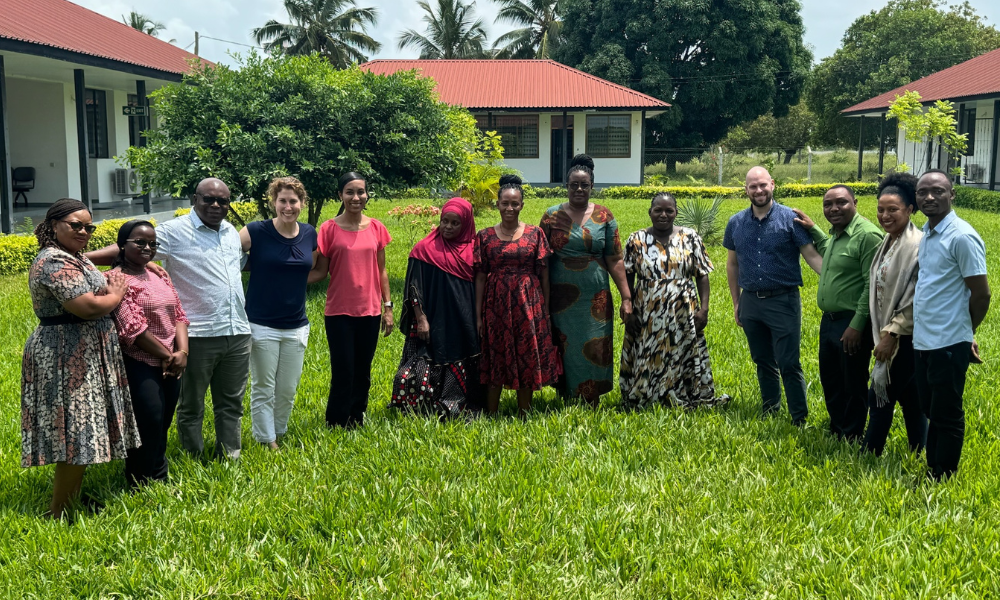
Supporting teledermatology, teledermatopathology, and dermatology education services
ILDS Member: American Academy of Dermatology
View report
Supporting teledermatology, teledermatopathology, and dermatology education services in Tanzania

ILDS Member: American Academy of Dermatology
Teledermatology allows for the remote diagnosis and treatment of skin conditions using digital technologies, while teledermatopathology enables dermatopathologists to analyse high-resolution images of skin biopsies electronically. Both significantly improve access to dermatological services, particularly in remote or underserved areas, by enabling faster diagnoses and expert second opinions worldwide.
This DermLink-funded project aimed to reduce the need for patients in the rural Pwani Region of Tanzania to travel long distances for consultations and biopsy results. In collaboration with Bagamoyo District Hospital (BDH), the project established dermatology consultation services via a secure teledermatology platform.
More than 50 primary care clinicians at BDH were trained to identify appropriate cases for biopsy and perform the procedures. A streamlined process was also developed to obtain and deliver biopsy results efficiently. By the project's completion:
- More than 50 teledermatology consultations had been conducted
- 27 skin biopsies had been performed and analysed.
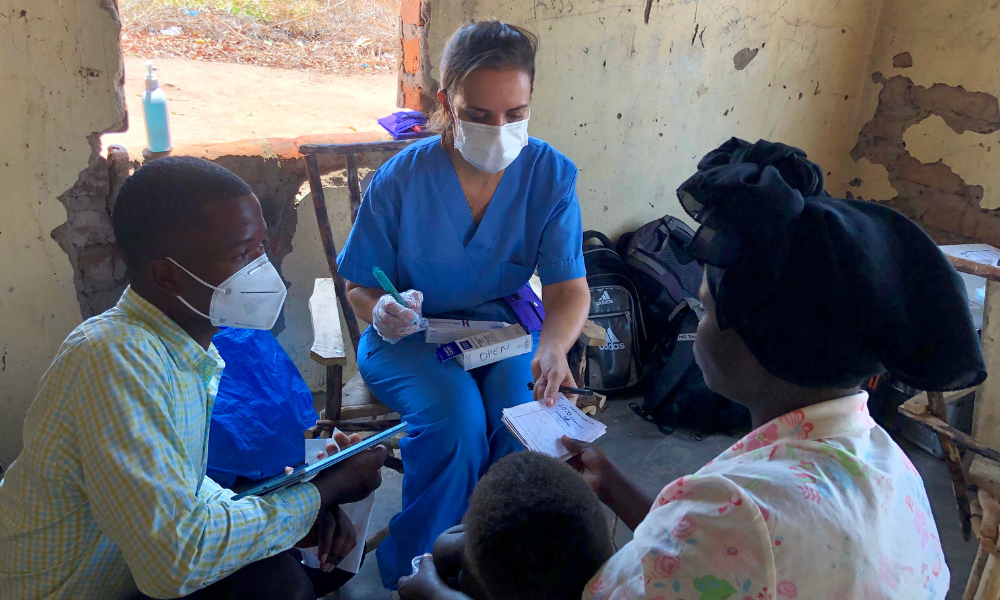
Supporting improvements in dermatological care
ILDS Member: Spanish Academy of Dermatology and Venereology
View report
Supporting improvements in dermatological care in Malawi

ILDS Member: Spanish Academy of Dermatology and Venereology
Dermalawi, a healthcare association comprising professionals from Spain and Malawi, works to improve dermatological care in Malawi, focusing on the prevention, diagnosis and treatment of skin conditions, particularly those linked to poverty. Funding from a DermLink grant contributed to the association’s initiatives to support more than 7,000 patients in 2023–24, including:
- 70 patients, primarily with albinism or xeroderma pigmentosum, who underwent surgeries for skin cancer
- 22 new cases of leprosy diagnosed and treated.
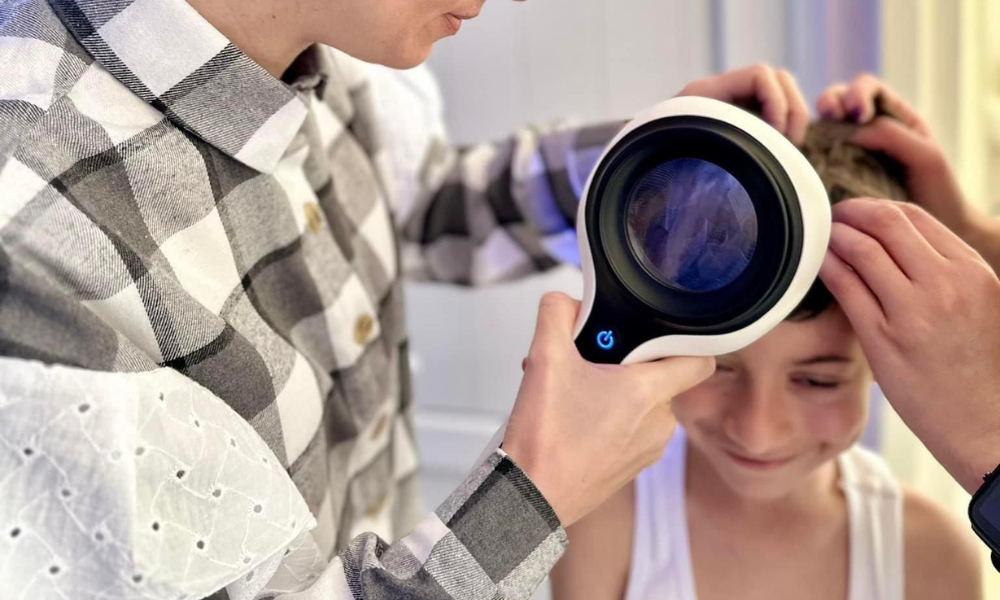
Enhancing access to care for Epidermolysis Bullosa (EB) patients
ILDS Member: Australasian Society for Dermatology Research
View report
Enhancing access to care for Epidermolysis Bullosa (EB) patients in Armenia

ILDS Member: Australasian Society for Dermatology Research
This DermLink-funded project aimed to improve dermatological care in Armenia’s border regions through the provision of specialised EB training. The project involved visits to five regions, bringing together around 20 doctors for training and providing consultations for 30 – 40 patients. In addition, two conferences were held for dermatologists, paediatricians and allergologists.
By the project’s completion:
- Training for 160 healthcare professionals had been provided
- Examinations and consultations had been given to more than 180 patients.
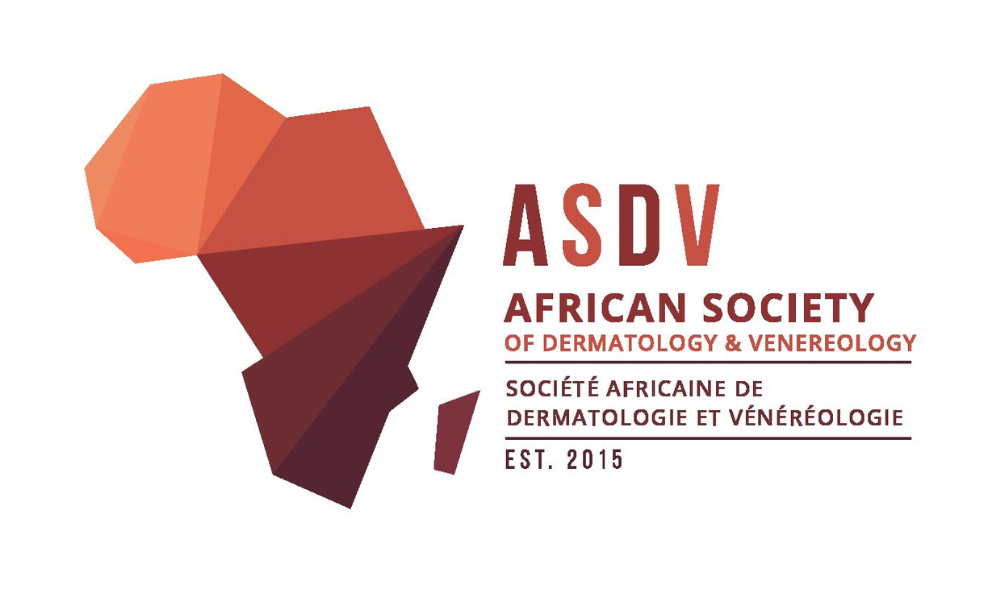
Improving skincare education and health promotion in rural South African communities
ILDS Member: African Society of Dermatology and Venereology
View report
Improving skincare education and health promotion in rural South African communities
ILDS Member: African Society of Dermatology and Venereology
This project aimed to improve the understanding and management of common skin conditions in the rural communities of Mtyholo Dlova and Mdolomba in South Africa’s Eastern Cape region. The DermLink funding supported a collaboration between the University of KwaZulu-Natal and South African dermatologists to conduct the first cross-sectional epidemiological study of skin diseases in the region.
The study gathered essential data on over 700 residents, estimating the prevalence of more than 100 skin diseases. Findings from this project will support better healthcare planning and reduce inequalities in dermatological care.
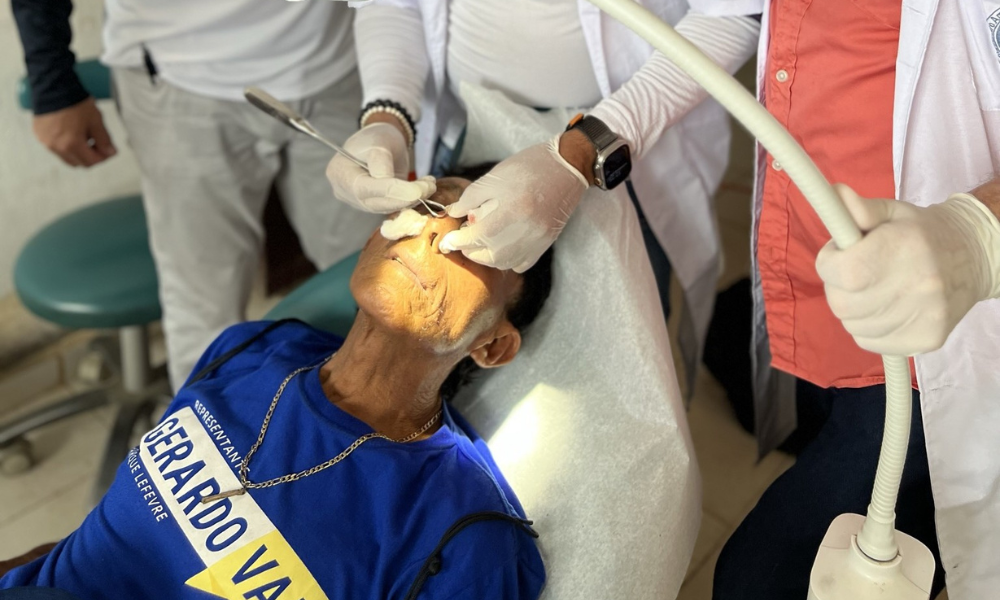
Comprehensive care for people with Albinism in the Guna Yala region
ILDS Member: Ibero Latin American College of Dermatology (CILAD)
View report
Comprehensive care for people with Albinism in the Guna Yala region, Panamá

ILDS Member: Ibero Latin American College of Dermatology (CILAD)
The indigenous Guna (Kuna) people in the Guna Yala region of Panamá have a notably high incidence of albinism. This DermLink-funded grant enabled CILAD to hold its eighth Medical and Educational Assistance Programme in the region.
As part of the Programme, dermatological care was provided to more than 100 patients, including 50 people with albinism. In addition, more than 70 healthcare professionals received specialised training from 20 CILAD professors.
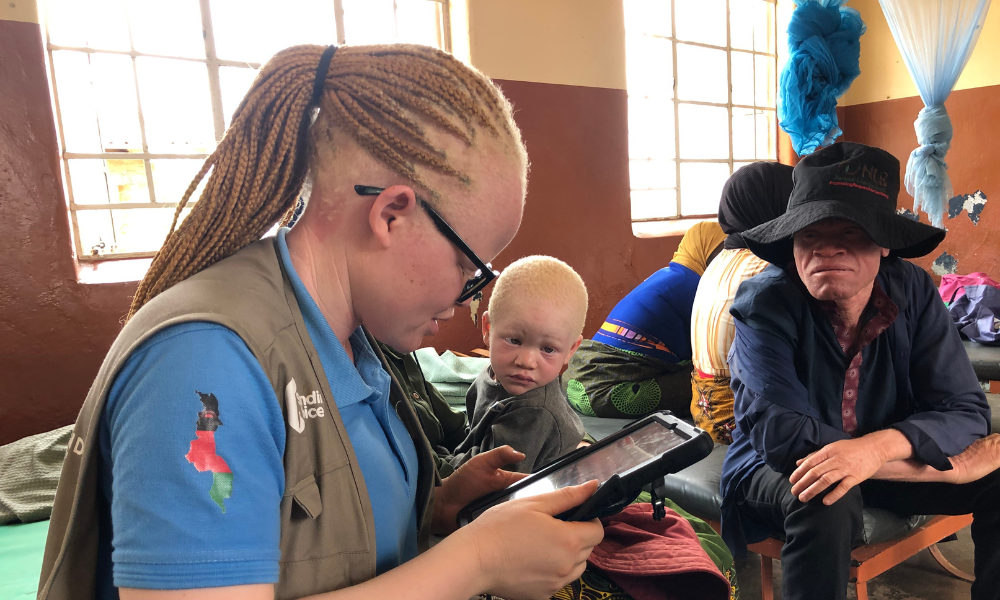
Tackling the skin cancer crisis for people with albinism
ILDS Member: Irish Association of Dermatologists
View report
Tackling the skin cancer crisis for people with albinism in southern Malawi

ILDS Member: Irish Association of Dermatologists
The DermLink grant contributed to an initiative from Standing Voice, an NGO supporting people with albinism, aimed at improving the prevention and management of skin cancer among people with albinism in Malawi. The funding enabled the delivery of specialised training to 46 healthcare professionals and 75 community leaders across the Dedza, Ntcheu, and Chikwawa districts.
In addition, dermatological care was provided to more than 400 people with albinism, while health education awareness sessions benefitted 1,200 family members and caregivers. These efforts strengthened community knowledge and support, fostering a more sustainable approach to skin cancer prevention and treatment.
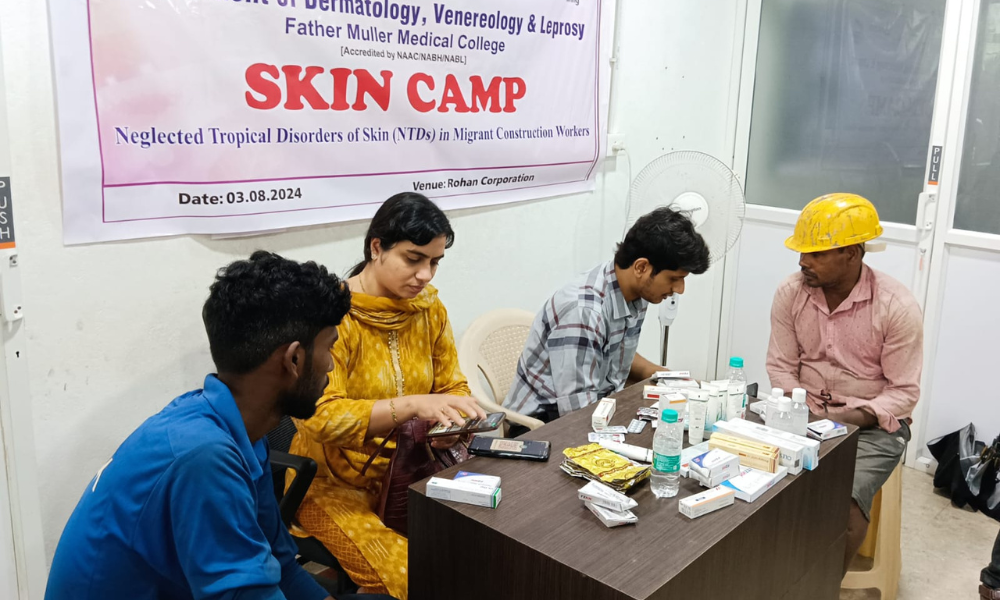
Closing the cycle of marginalisation: migrant workers and Skin-related Neglected Tropical Diseases (Skin-NTDs)
ILDS Member: Indian Association of Dermatologists, Venereologists, and Leprologists
View report
Closing the cycle of marginalisation: migrant workers and Skin-related Neglected Tropical Diseases (Skin-NTDs) in South India

ILDS Member: Indian Association of Dermatologists, Venereologists, and Leprologists
This project, a collaboration between the Confederation of Real Estate Developers’ Associations of India, Mangalore, and Father Muller Medical College, focused on addressing the prevalence of Skin-NTDs among migrant workers and their families. Eight health camps were established to assess disease incidence, patterns, and the impact of climatic conditions on risk factors.
During these health camps, more than 400 migrant workers - primarily labourers and construction workers in Mangalore - received essential dermatological care. This initiative not only provided immediate treatment but also contributed to long-term health improvements by identifying risk factors and increasing awareness.
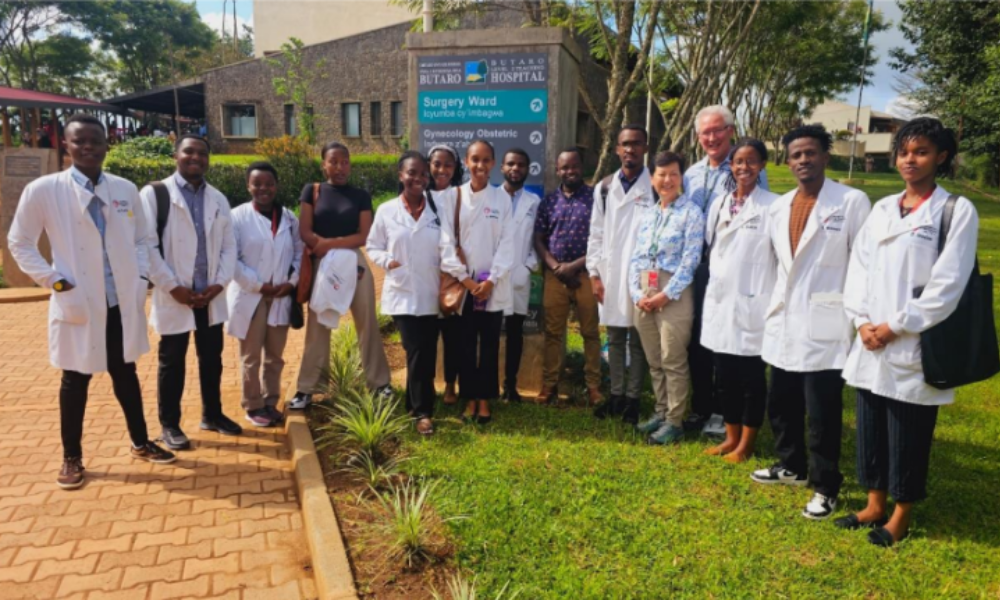
Expanding dermatological care in Burera
ILDS Member: International Society of Dermatology
View report
Expanding dermatological care in Burera, Rwanda

ILDS Member: International Society of Dermatology
This project aimed to enhance access to dermatologist-led care at Butaro District Hospital (BDH) in Rwanda’s rural Northern Province. As part of the initiative, three groups of 12 medical students participated in a two-week clinical rotation within a three-week dermatology clerkship at the University of Global Health Equity (UGHE).
Through hands-on experience and complementary tutorials at UGHE, students applied theoretical knowledge in real-world settings, improving their dermatology expertise. The project resulted in around 650 patients receiving dermatological treatment at BDH, significantly improving healthcare access in the region.
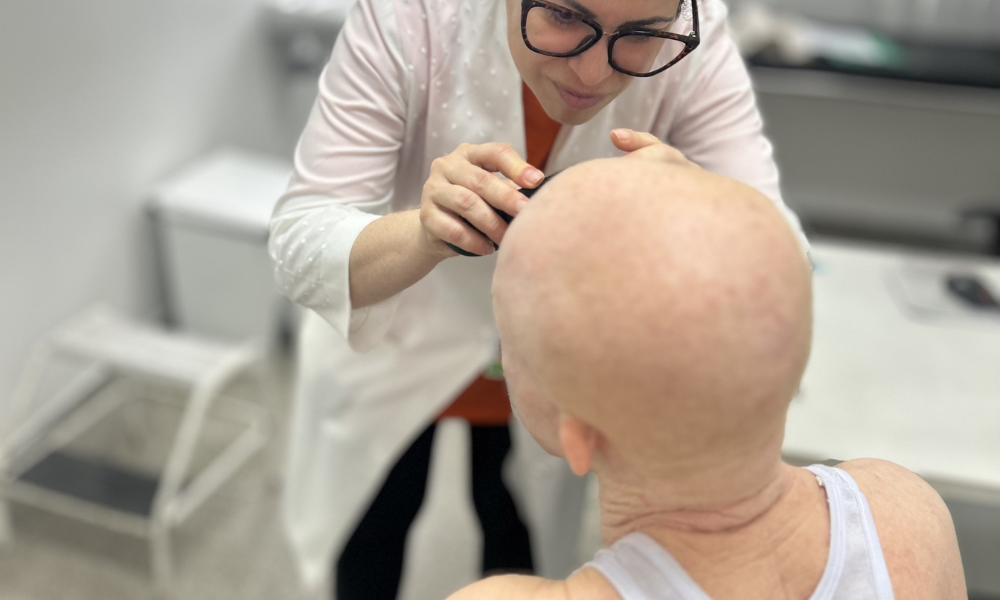
Albinism in a tropical country: a look beyond skin colour
ILDS Member: Brazilian Society of Dermatology
View report
Albinism in a tropical country: a look beyond skin colour

ILDS Member: Brazilian Society of Dermatology
This DermLink-funded project sought to improve the health and well-being of individuals with albinism in Bahia, Brazil, where over 1,000 people live with the condition. The initiative focused on equipping primary healthcare professionals with the skills needed to provide empathetic care, recognise potentially malignant skin lesions and refer patients for further treatment.
In addition, 600 pieces of sun protection items were distributed to patients attending dermatology departments. Educational resources on photoprotection and early skin cancer detection were provided. This project enhanced overall patient care and health outcomes in the region.
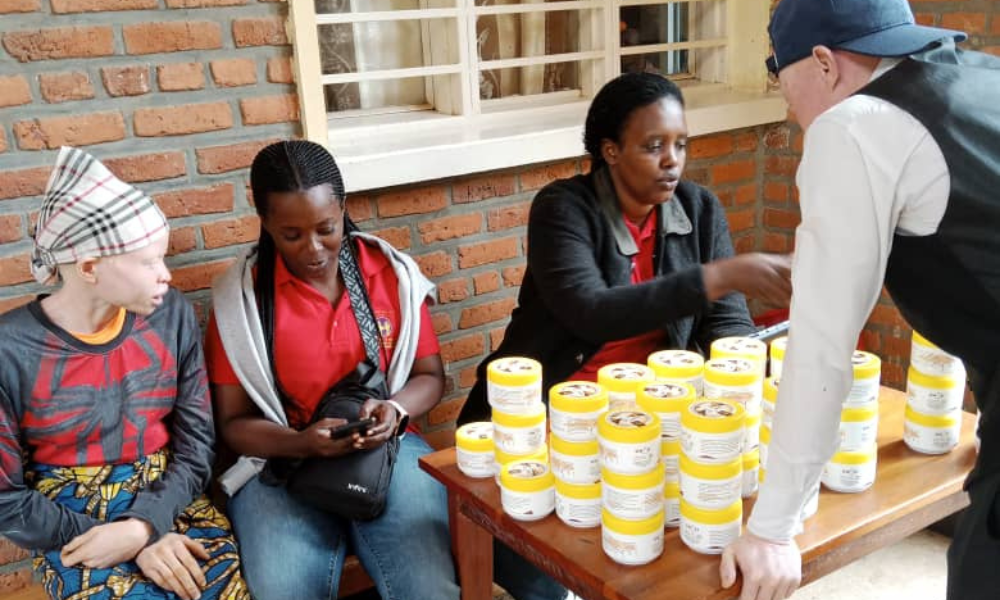
Training primary care staff in skin cancer prevention for people with Albinism
ILDS Member: Italian Society of Dermatology (SIDeMaST)
View report
Training primary care staff in skin cancer prevention for people with Albinism in Rwanda

ILDS Member: Italian Society of Dermatology (SIDeMaST)
This DermLink grant supported a project from Beyond Suncare, an NGO dedicated to assisting people with albinism in Africa. It focused on training 37 nurses and clinical officers in the Nyamasheke and Bugesera Districts, where the Health Alert Organization and Rwanda Biomedical Centre operated clinics for people with albinism.
Each district’s healthcare professionals received a two-day training programme – the first day focused on classroom learning, while the second day, coinciding with a clinic day, was a practical session. In total, 123 individuals with albinism attended the clinics for skin and eye screenings, along with 65 family members, leading to 188 people receiving important health education.
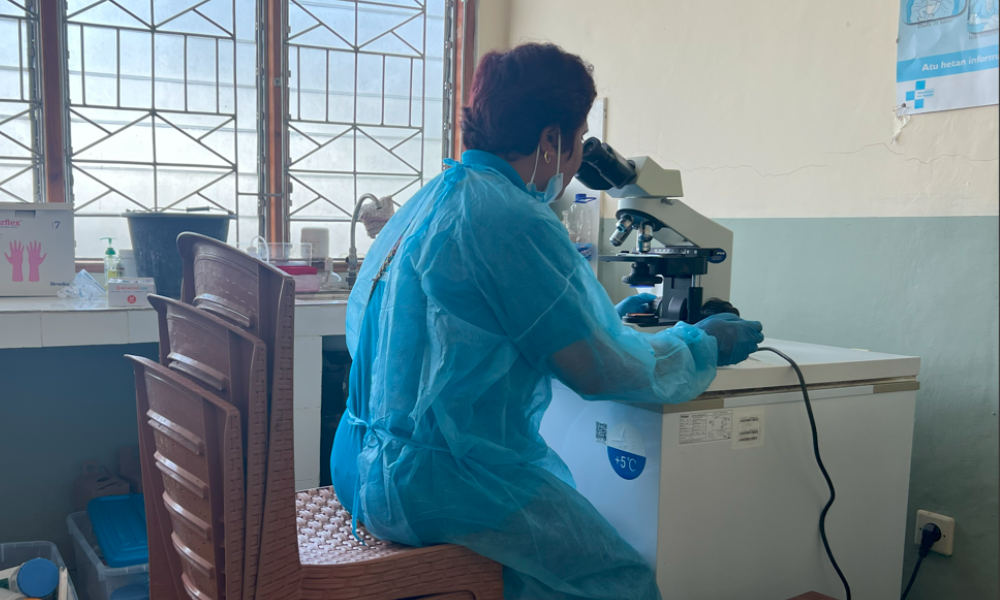
Enhanced case finding and awareness for neglected tropical skin diseases in remote areas
ILDS Member: Dutch Society of Dermatology and Venereology
View report
Enhanced case finding and awareness for neglected tropical skin diseases in remote areas in Timor-Leste

ILDS Member: Dutch Society of Dermatology and Venereology
This project aimed to enhance access to skin care services by training frontline healthcare workers on common and neglected skin diseases in the Lautém district in eastern Timor-Leste.
During the outreach project, the team provided consultations for almost 300 people with skin diseases. 36 healthcare workers also participated in a one-day training course, which showed them how to perform simple diagnostic tests. A teledermatology system was then developed to ensure the sustainability of the project.
These impactful projects highlight the important role of DermLink grants in addressing skin-related health challenges worldwide, particularly in underserved or marginalised communities. Through targeted education, improved healthcare access, and community-driven initiatives, these projects, supported by DermLink, are paving the way for better dermatological outcomes and overall wellbeing.
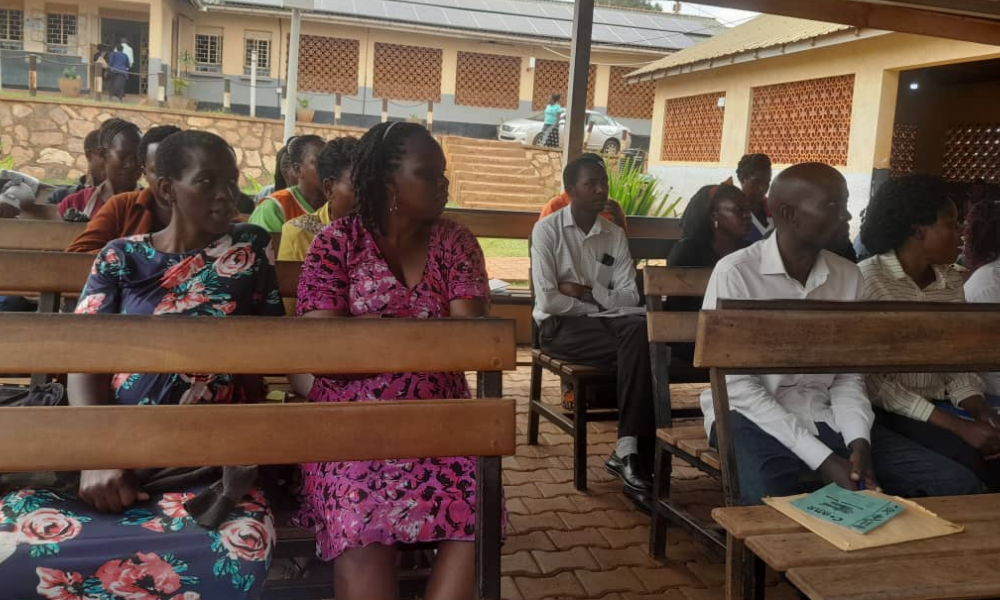
Expanding Dermatology services to the underserved communities in Sub-Saharan Africa
ILDS Member: Association of Professors of Dermatology
View report
Expanding Dermatology services to the underserved communities in Sub-Saharan Africa

ILDS Member: Association of Professors of Dermatology
The initiative involves expanding the current dermatology triage service for HIV patients to encompass general dermatology services in four selected health facilities. This project aims to benefit both frontline health workers and patients, as it facilitates continuing medical education and provides wider access to high-quality dermatological services for the general population.
Over 30 healthcare providers from Kiswa health centre, Naguru Hospital, Komamboga Health centre, and Kawala Health centre received training on teledermatology. Continued Medical Education sessions were also held in these facilities to share knowledge among healthcare providers.
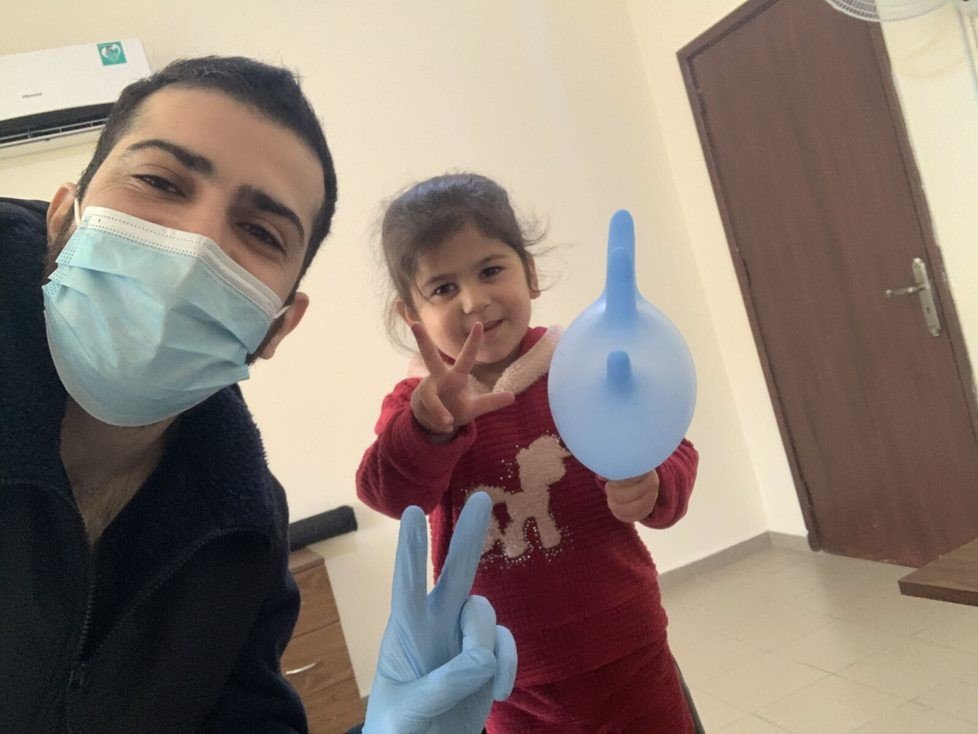
Addressing Dermatological Needs and Challenges in Lebanon's Refugee and Local Communities
ILDS Member: British Association of Dermatologists
View reportFind out more about ILDS Grants
For more information about the DermLink Grants Programme and other ILDS Grants, please click below.
Click here